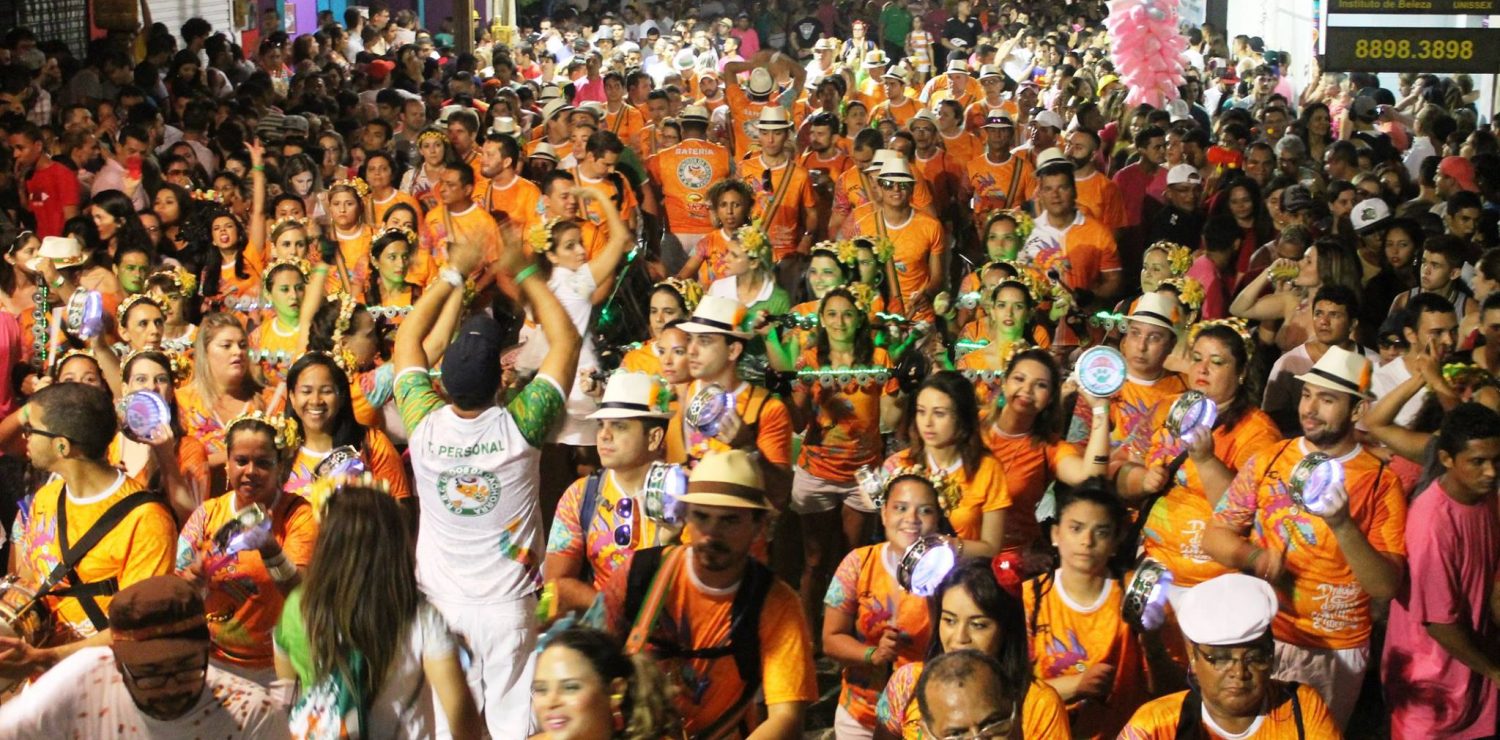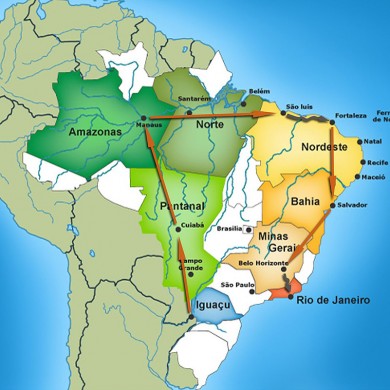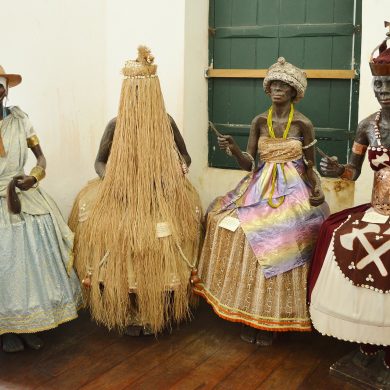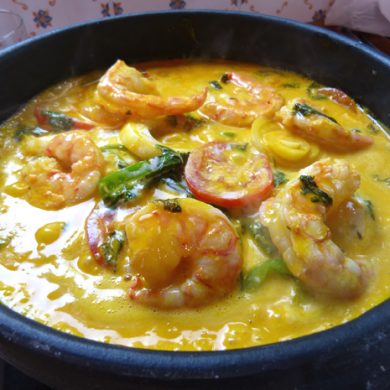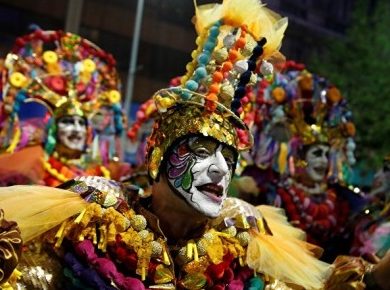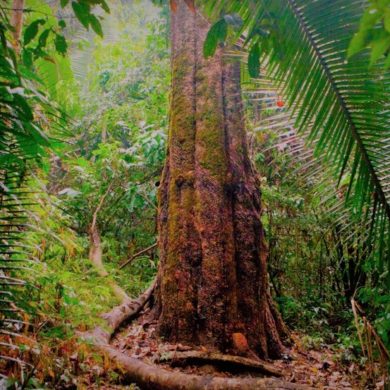Gain a better understanding of society
Brazil offers, through its immensity and heterogeneity, an attractive land of “human contrasts.”
To understand this dynamic and creative country we must explore the multi-ethnic culture that runs through Brazilian society. Cooking, music, religion and carnivals are the most symbolic manifestations of this “racial democracy”.
Throughout the following sections, we invite you to discover some facets of the immense cultural wealth of Brazil and to deepen your knowledge of the history and geography of this immense nation but also of its music, its literature, its cuisine and its cinema.
Enough to start traveling before your stay, or extend it upon your return, immerse yourself in the unique diversity of the land that fascinates anthropologists all over the world.
Explore Brazilian Culture
Mixed identity, the pride of Brazil
The history of Brazil is marked by several diasporas of importance (waves of Portuguese settlers, Africans during the slave trade, the European “Great immigration” and Japanese immigration in the late nineteenth century.)
These population movements constitute the basis of an active interbreeding of society. Proudly claiming this mosaic of cultures, the country represents one of the most successful examples of “racial democracy”, even though ethnic (and social) inequalities still exist.
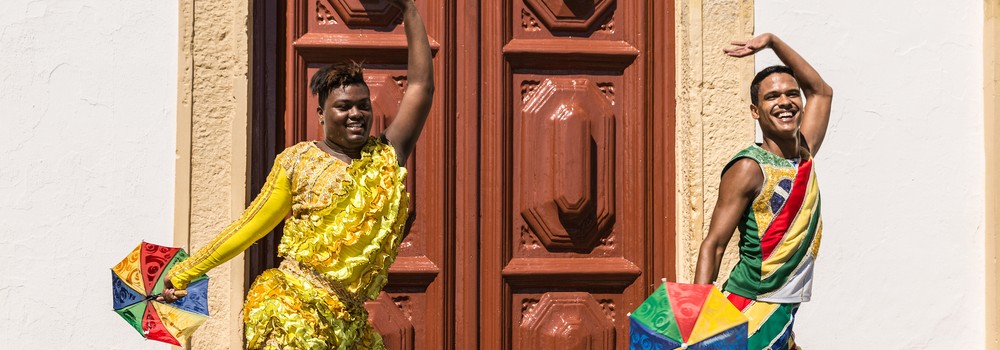
The immensity of Brazil, another strong influence on its culture
Brazil is among the 5 largest countries in the world: from east to west and from north to south, nearly 4000 kilometres separate its most remote cities.
This immensity, which is associated with a decentralized structure allows the territories to preserve a large amount of cultural autonomy. Through important events such as carnival and folk festivals, each state in the country actively maintains its roots and traditions.
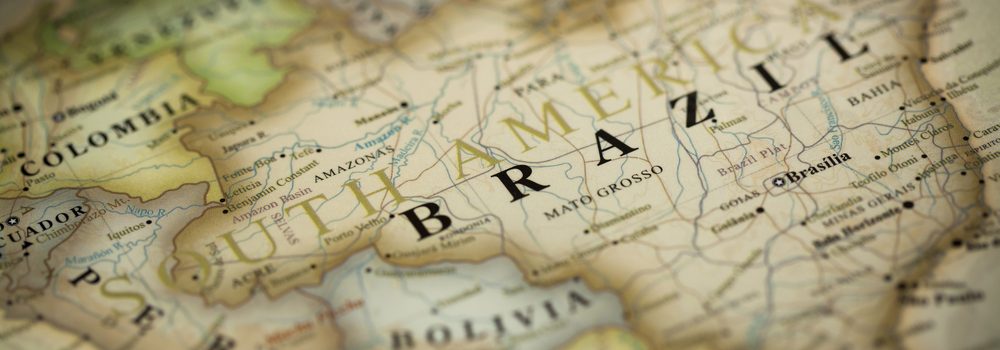
History, an essential component of Brazilian culture
Brazilian history is divided into three main periods: Amerindian civilizations were replaced by Portuguese colonization before the territory became independent in the early nineteenth century. The return of democracy dates from the mid-1980s.
Discover the history of Brazil
Brazil, a geographical landscape marked by diversity
The geography of Brazil is composed of 5 large administrative regions with very varied landscapes. The megacities of Sudeste which contrast with the dry lands of Nordeste, the Amazon “green hell”, the biodiverse Center-West and the immense river basins of the South.
Brazilian peoples
Warm and tolerant, Brazilian people are famed for their optimism and their “joie de vivre”. The only Latin American population speaking Portuguese, it is distinguished by its very important ethnic diversity.
Brazilian literature
Rich and varied, Brazilian literature has accompanied the development of the country and its national identity. Chroniclers, missionaries and adventurers from the earliest times of colonization to the contemporary authors of the present, have endeavoured to describe life in this country in all its joys and sorrows, contrasts and mysteries.
Music, an emblem of the cultural wealth of Brazil
Marked by permanent creativity, Brazilian music presents a proliferation of genres and styles. Alongside traditional samba, forro and bossa nova is a more contemporary and engaged scene (MPB, rap, funk carioca …).
Carnaval, a must attend cultural event in Brazil
In Brazil, carnival in Brazil is the major cultural event of the beginning of the year. Beyond the religious celebration of entry into Lent, it allows the entire population to meet in a great and unbridled national holiday.
Brazilian religions
While the Catholic and Protestant religions represent the main denominations of the country, they have declined in several localities, where Evangelical churches and Candomblé stand in their places. Shamanism remains a characteristic of Indian tribes.
Brazilian cuisine – rich in colonial influences
The miscegenation of society is found in Brazil cuisine, with the pooling of ingredients and cooking techniques belonging to different ethnic groups. The national specialty, feijoada (pork and black bean stew), is a striking example.
